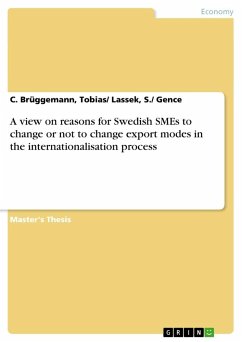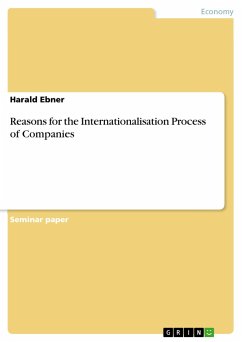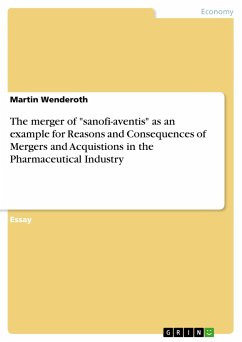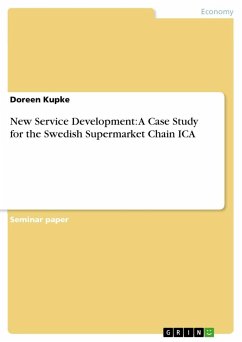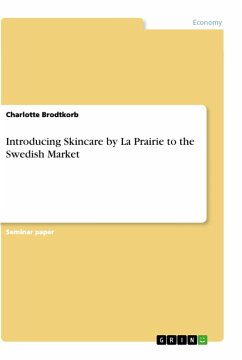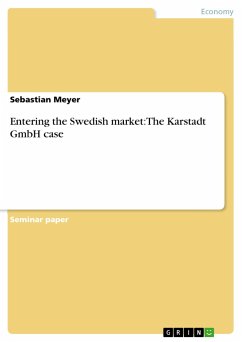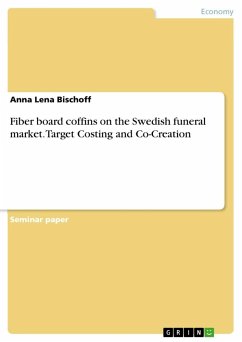Master's Thesis from the year 2004 in the subject Business economics - Offline Marketing and Online Marketing, grade: 1,0 (A), Växjö University (Centre of Competitiveness), language: English, abstract: Nowadays, the internationalisation process of companies is moved more and more in the core of daily business life. This process is eased by reduced costs facilitated by less tariff barriers among Europe, faster ways of communications like the Internet and appealing emerging markets. These days, nearly every company is involved in the internationalisation process. When we have considered the internationalisation process of Swedish SMEs, we found it interesting to have a close look at their decision to change from an indirect exporting mode to a direct exporting mode within their internationalisation process. Our research shall point out the important factors which influence their decision to change or not to change from an indirect exporting mode to a direct exporting mode. Therefore, in our research we have compared theories with empirical findings of seven conducted interviews in order to fulfil our purpose which is to increase the understanding of the internationalisation process of Swedish SMEs, especially the reasons why firms change or do not want to change from indirect to direct export modes. According to that we came up with the following problem formulation: What are the influencing factors for Swedish SMEs to change or not to change their exporting modes? By evaluating possible influencing factors concerning their value of similarity among case companies and their value of consistency between theories and empirical findings we could identify a couple of factors which influence a company's export decision. We could develop a model for each case whether to change or not to change exporting mode. By that we could classify influencing factors by the value of consistency and similarity in order to identify the most valuable influencing factors.
Bitte wählen Sie Ihr Anliegen aus.
Rechnungen
Retourenschein anfordern
Bestellstatus
Storno

